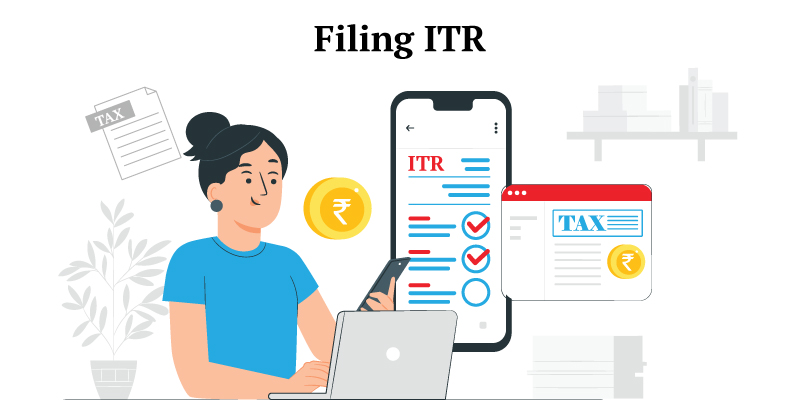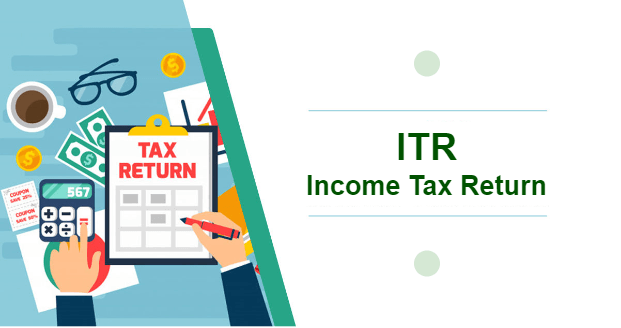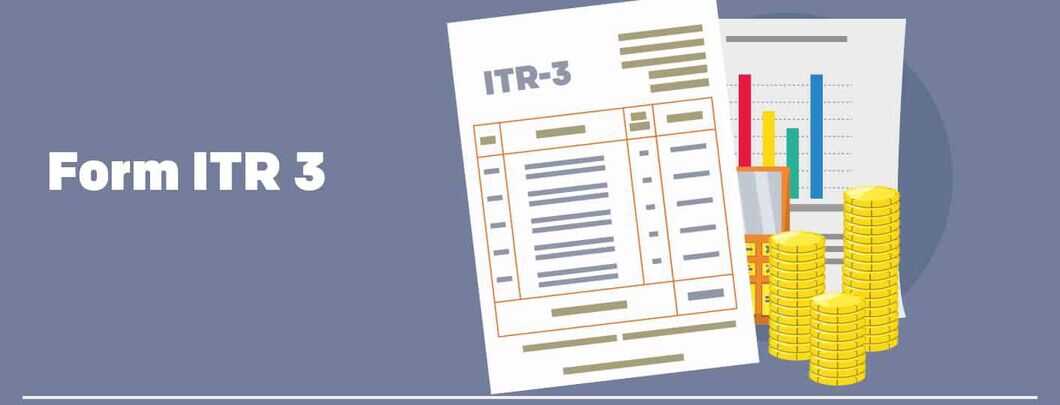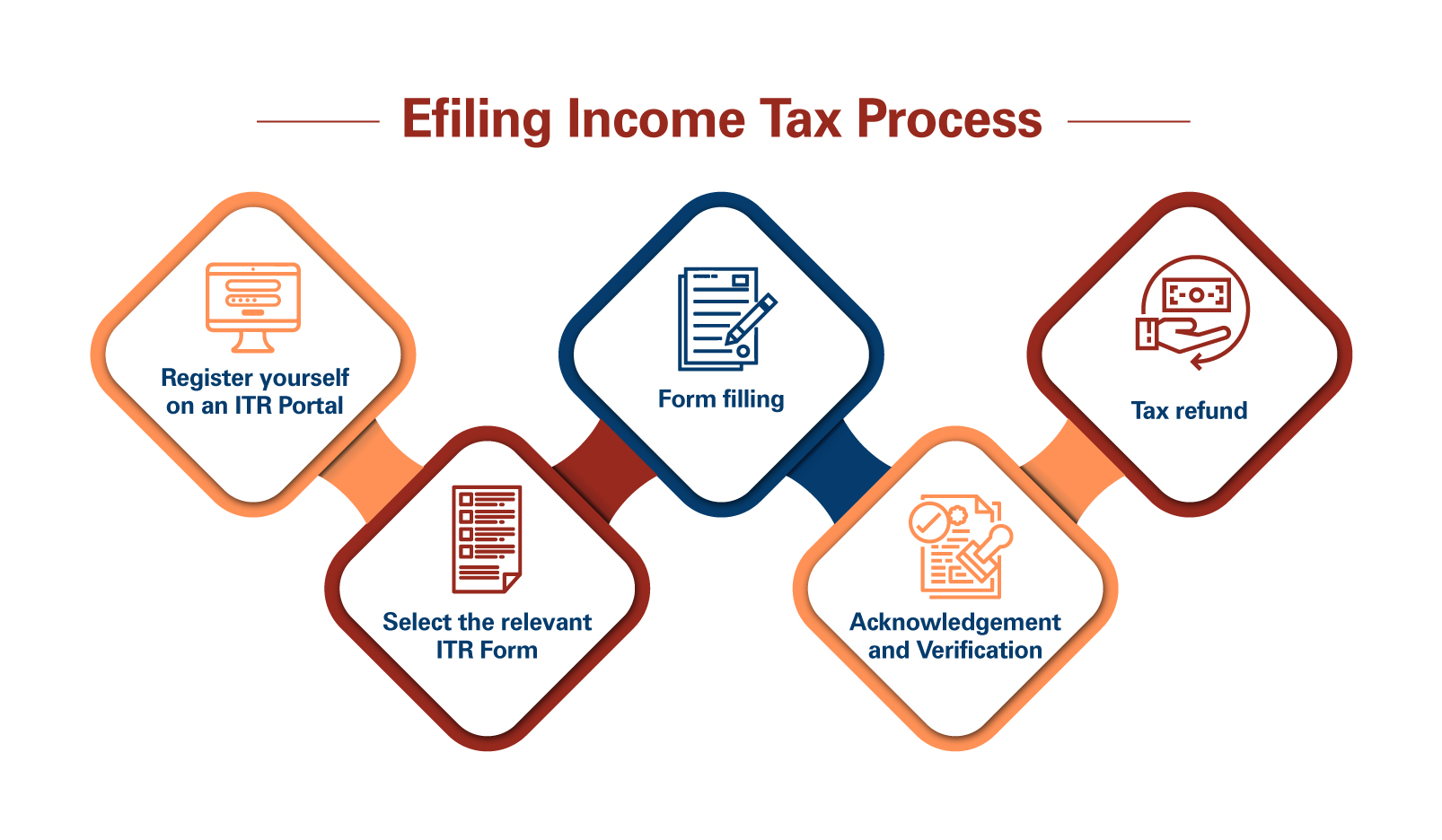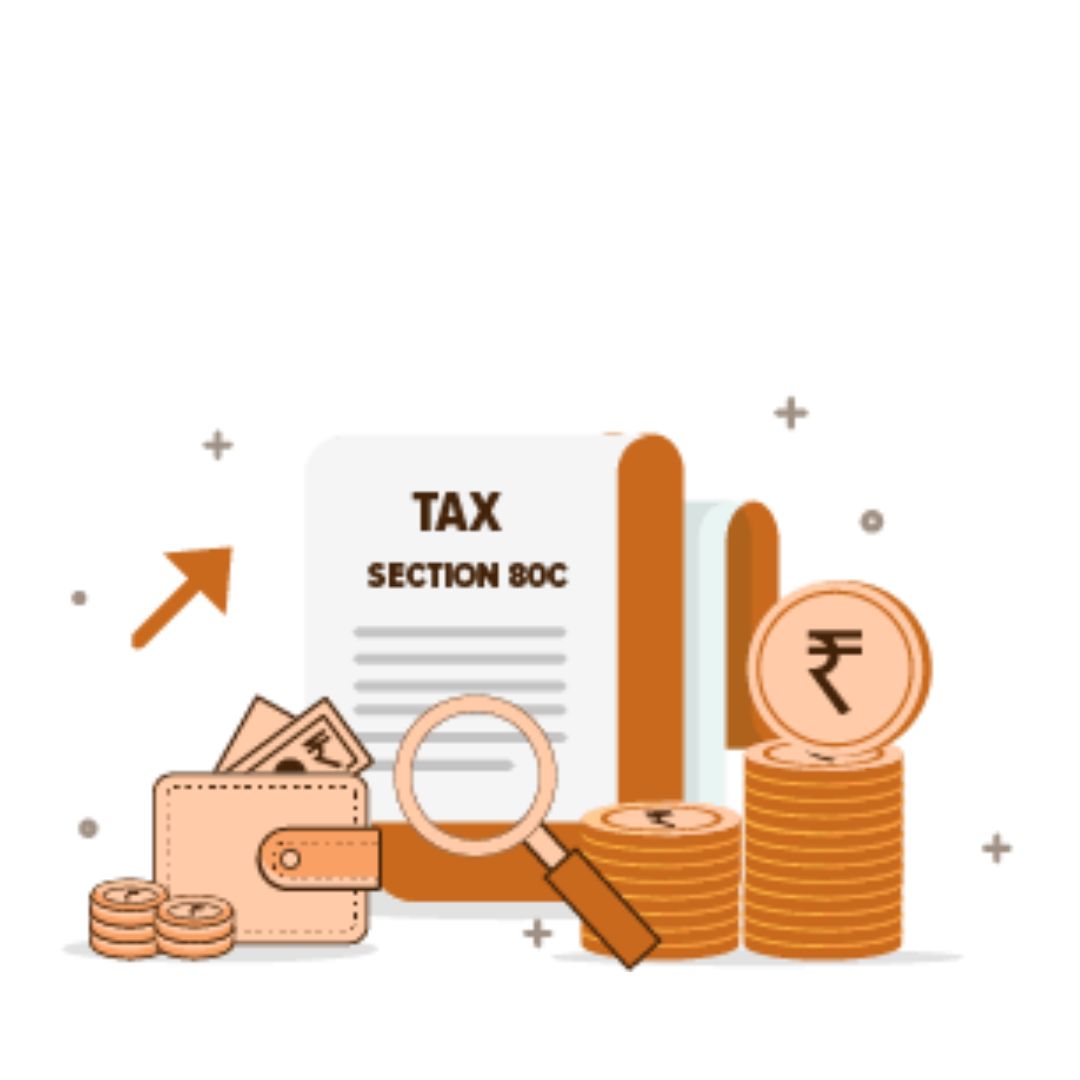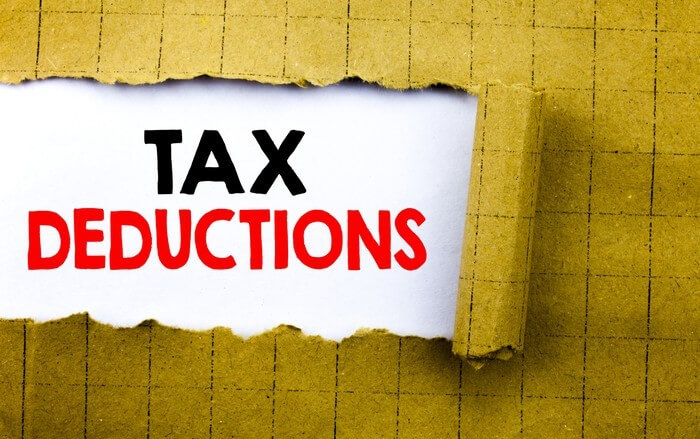ITR for self employed: Which ITR to file for self employed ?
ITR for self employed For self-employed individuals in India, the Income Tax Return (ITR) form to be filed depends on the nature and source of income. Here are the common ITR forms applicable to different types of self-employed individuals: ITR-3: This form is applicable if you have income from business or profession as a partner… Read More »
